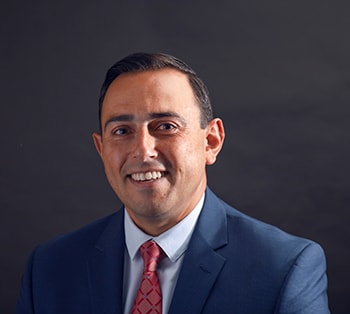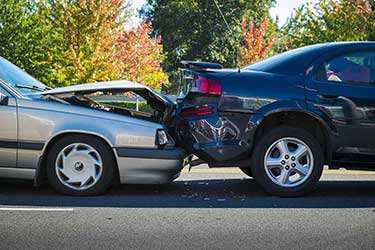
If you’ve experienced the death of someone you love due to another person’s intentional actions or negligence, you may feel emotions of grief, anxiety, and anger.
Taking legal action can’t replace your loved one, and it can’t ease your loss. However, seeking justice for a wrongful death in Ohio can make the person responsible for this tragedy pay.
A wrongful death lawsuit can provide for you and your family while preventing the same tragic action from impacting anyone else.
If you’re considering a wrongful death lawsuit, you need to understand Ohio law. To learn more about the Ohio wrongful death statute, keep reading.
Who Can File a Wrongful Death Lawsuit in Ohio?
The Ohio wrongful death statute defines a wrongful death as one that is caused by a “wrongful act, neglect, or default” that would have been eligible for a personal injury lawsuit had the person not died. In other words, if you can sue for a personal injury caused by an action, your representatives can sue for a death caused by the same action.
The personal representative (executor of the estate) of the decedent (person who died) can bring a wrongful death lawsuit in Ohio. The personal representative brings the wrongful death action on behalf of these people:
- The surviving spouse,
- The decedent’s children,
- The parents of the decedent, and
- Other next of kin.
The family members of the decedent must have suffered harm from the wrongful death to recover compensation.
OHIO WRONGFUL DEATH STATUTE FAQ
What Are Time Limits on a Wrongful Death Lawsuit?
The wrongful death statute of limitations in Ohio limits the time you have to file a wrongful death lawsuit. The personal representative has two years from the date of the wrongful death to file a lawsuit. If you file a wrongful death lawsuit after the Ohio wrongful death statute of limitations runs out, the court will likely dismiss your case.
OHIO WRONGFUL DEATH STATUTE FAQ
What Are Damages in a Wrongful Death Case?
Wrongful death damages are the compensation available to survivors for the loss of their loved one. These damages reflect the harm that family members have suffered as a result of the wrongful death. Different types of damages may be compensated, including:
- Loss of support, meaning the loss of financial income the decedent would have provided;
- Loss of services, such as childcare, housework, or car repairs provided by the decedent;
- Loss of companionship, care, and affection of the decedent;
- Loss of inheritance the family members might have received were it not for the decedent’s untimely death; and
- Mental anguish suffered by family members.
The surviving spouse, children, and parents are rebuttably presumed to have suffered damages from the wrongful death. The rebuttable caveat means that these family members will be entitled to damages unless a defendant can prove the wrongful death did not impact family members. Next of kin, other than a surviving spouse, parents, and children, must prove the damages they suffered from the wrongful death.
OHIO WRONGFUL DEATH STATUTE FAQ
Is Compensation Possible in a Wrongful Death Case?
Compensation is possible if someone’s death was caused by another person’s negligence or intentional act. Examples of actions causing a wrongful death might include:
- Shooting someone,
- Stabbing someone,
- Driving drunk,
- Leaving the scene of an accident without calling for help,
- Failing to keep manufacturing machinery maintained, and
- Knowingly exposing a worker to asbestos.
Intentionally causing someone’s death may seem rather obvious, but negligence can be more difficult to understand. To determine if a person’s negligence caused a death, you must prove three elements:
- The person had a duty of care, such as a duty to properly maintain equipment;
- The person breached that duty, such as by not maintaining the equipment; and
- The person’s breach of duty caused the wrongful death, such as faulty equipment fatally injuring the decedent.
Even if the person responsible faces criminal homicide charges, you can still bring a civil wrongful death claim. In fact, it is often easier to prevail on a wrongful death claim because civil proceedings require a lower burden of proof. Criminal charges require proof beyond a reasonable doubt, while civil cases require a “preponderance of the evidence” (more likely than not) standard.
OHIO WRONGFUL DEATH STATUTE FAQ
How Can a Wrongful Death Attorney Help?
A wrongful death attorney will listen to your case, explain the law to you, and advise you of your best legal options. Then the attorney will investigate to find more evidence, interview witnesses, and pursue a wrongful death claim. Your attorney may be able to negotiate a settlement so that you do not have to endure an emotionally challenging trial. However, if your attorney thinks a jury would return a higher award, you may choose to proceed to trial.
If you think you may have a wrongful death case, call the experienced attorneys at Gounaris Abboud, LPA, at 937-222-1515, or contact us online for a free consultation. With nearly five decades of collective experience, our attorneys have the legal skill and compassion to help you in this difficult time.



